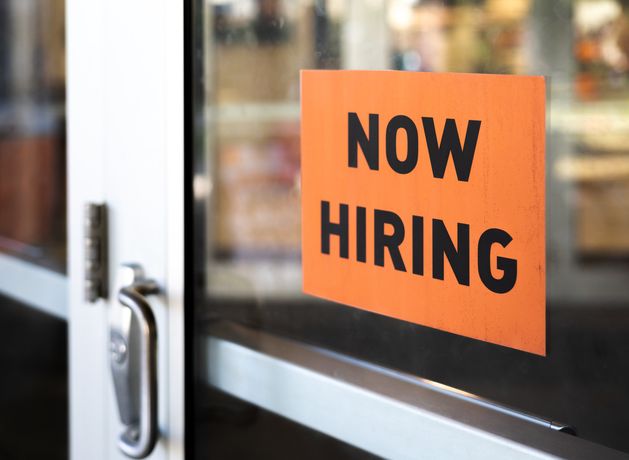The warning is from the Employment and Recruitment Federation (ERF), an industry group representing over 220 member companies established to promote training, information and advice, and member’ services, such as vetting, as well as lobbying on issues impacting the labour market.
ERF president Siobhan Kinsella, who is also managing director of Strategic Placements Dublin, said: “Ireland is becoming a very expensive place to do business.”
Increases in the minimum wage and changes to PRSI and USC, the proposed introduction of pensions auto-enrolment, new statutory sick pay, and other leave changes are unaffordable to some small employers, she said. .
A 12.4pc increase in the minimum wage this year increased hourly pay by €1.40 in January.
“While obviously important for workers, for a small business, this can quickly become unaffordable,” she said.
The recruitment industry is seeing reduced demand from sectors like retail and hospitality to place staff because of the higher costs, she said.
“In these sectors it is all anyone is talking about,” she said.
PRSI rates are also due to increase in October regardless of any moves in the upcoming Budget, with employers paying 8.9pc on wages up to €496.
Such costs are rising despite Government raising record taxes including the biggest share from income tax and USC, she said.
Even without further initiatives or wage growth, she said labour costs are set to increase further as Government initiatives including a proposal to shift from the national minimum wage to a so-called living wage by 2026 come into effect.
“Current Government policy is increasing cost which makes smaller enterprise uncompetitive. We risk local jobs and damaging our economic success, unless we support smaller business to meet the new legislation demands,” the head of the recruiters’ body says.
Research by the Department of Enterprise itself had found the costs of complying with new employment laws and regulation are around four times higher for medium-sized enterprises and 10 times greater for small firms relative to big employers that benefit from economies of scale.
Schemes such as grants available from the Government’s Increased Cost of Business (ICOB) initiative have not done enough to counter the hit from policy changes, she said.
The industry wants a pause on new legislation and says it should only be a final resort after voluntary approaches like codes of practice or guidelines fail to improve employment terms. A Sustainable Employment Test should be used to proof policy changes against the risk of economic harm, she said.

